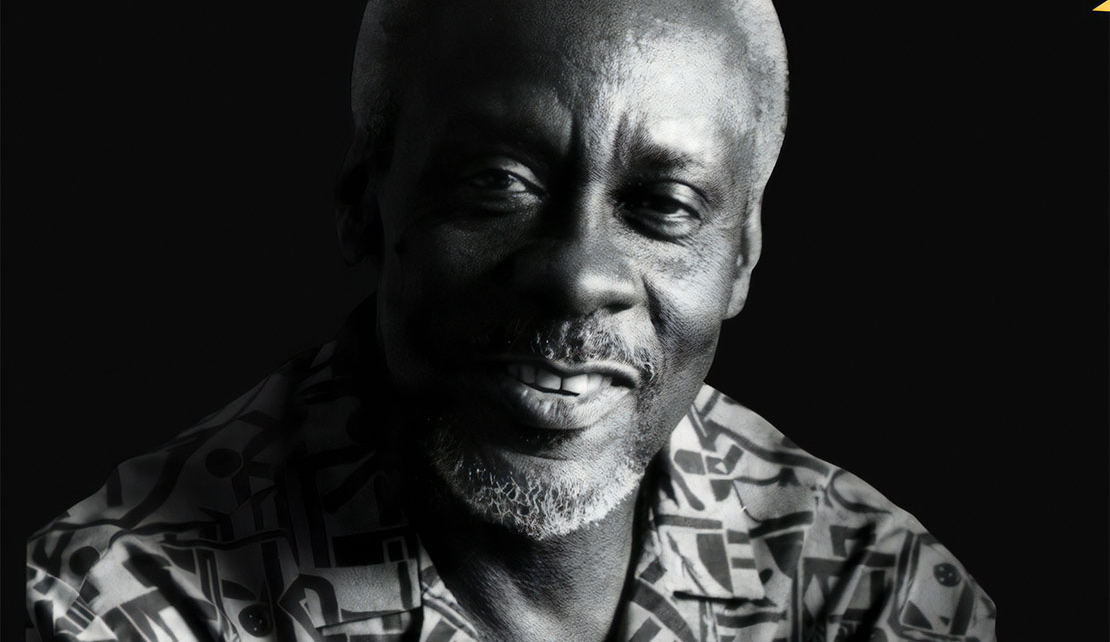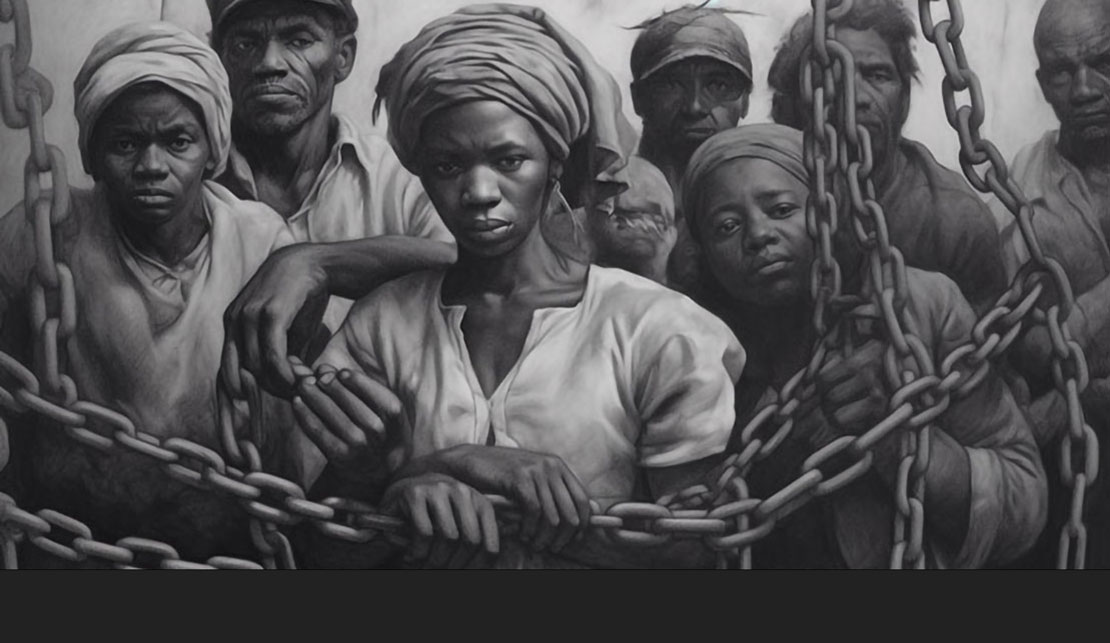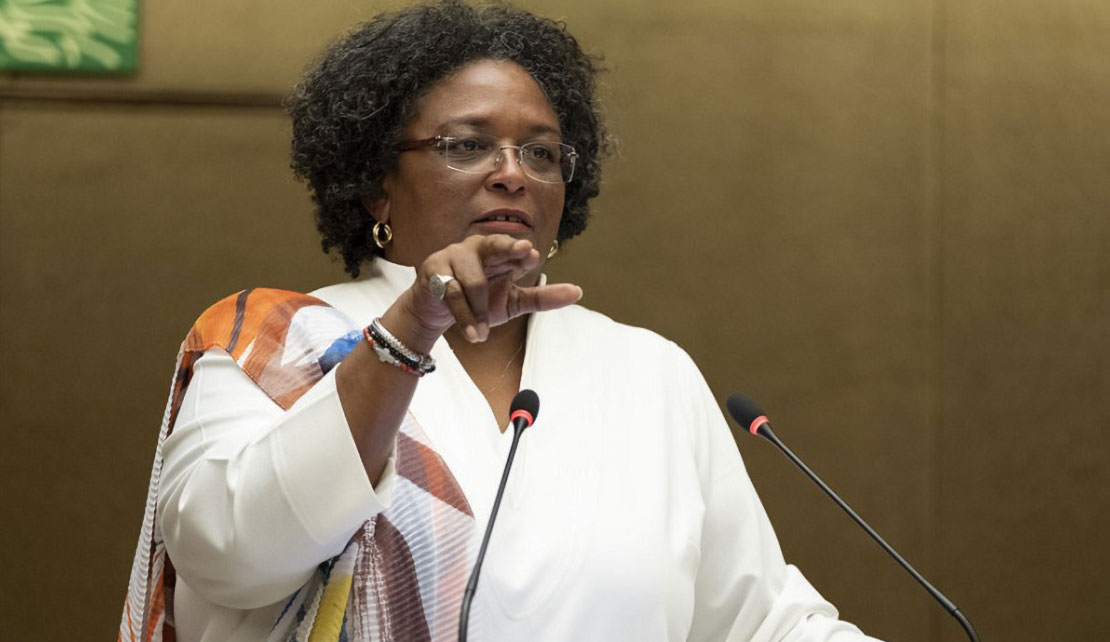BARBADOS | Patterson urges CARICOM Reparations Committee to Take European Nations to Court for slavery crimes

KINGSTON, Jamaica, August 5, 2023 - Statesman-In-Residence of the Africa Caribbean Institute for Advocacy at the University of the West Indies, former Prime Minister P.J. Patterson has called on the CARICOM Reparations Committee to take the former slave holding European Nations to Court in order to “exact liability and damages we are entitled to receive” from their participation in the Trans-Atlantic Slave Trade.
Mr. Patterson’s comments were made as the Caribbean intensifies its thrust towards Reparative Justice for the hundreds of years of black chattel slavery by the major European powers, through a series of timely and topical conversation on Reparations and Beyond instituted by Barbados.
The conversations are being held against the background that as Caribbean countries we can’t just 'move on from the painful legacy of slavery' as former British Prime Minister David Cameron would have us do.
Rather, it constitutes the very essence of our being as descendants of the victims of chattel slavery which ended 185 years or barely two generations ago, the effects of which are still with us.

He observed that there was a compelling case for reparations which “is gradually gaining universal acceptance.”
The former Jamaican prime minister noted that so far, “Belgium and the Netherlands have offered apologies – but no money. The government of the United Kingdom, primary progenitors of the Slave Trade and rulers of the Empire, persist in a stubborn denial, despite what the intellectual research of their most venerable Universities has revealed.
“Reparation is overdue to redress the wrong we have suffered. International law recognizes that nations or individuals who have wronged other nations or individuals should render reparation to wipe out all the consequences of the illegal act and restore the situation which would, in all probability, have existed if the act had not been committed.
Both the common law and the civil law dictate that ‘wherever there is a wrong, there must be a remedy.’
Mr. Patterson pointed out that “to obtain reparative justice in full, we cannot rely on prayers alone or expressions of piety. Unity of purpose and the execution of a single pursuit by Africa and Caribbean Nations to eradicate the inequities and imbalances in every available forum and institution to which we belong is the only way forward.”
“ We ask no more and we will accept no less than the right to obtain the same redress that was obtained by the Jews for the ethnic atrocities of Hitler’s gas chambers. ”
He recommended that the first plan of attack “and most compelling is a total reform of the existing global architecture, which was designed at the end of World War II by the victorious allies when we were all still colonies.
“The 68 Sovereign nations of Africa and the Caribbean constitute one third of the membership of the United Nations must insist on the rights of Africa to obtain a Permanent Seat.”
Secondly, with the decline of the non-aligned, we must initiate alliances commencing with the Group of Latin America & the Caribbean –with a special engagement with Brazil, particularly as the country in this Hemisphere with the largest population of persons from African descent.”
The third recomendation is the recalibration of the Bretton Woods Institution, where we “intensify the lobby for the international financial institutions to restructure the criteria which eliminate middle income countries from concessional loans and exclude them from debt relief immediately, and mobilize universal support for the Barbados initiative proposed by Prime Minister Mottley.”
“The issue of Food security, particularly with the conflict in Ukraine, demands our most urgent attention and expertise. I was delighted to hear the Head of the African Eximbank, as we gather on the eve of its Caribbean Headquarters opening, emphasize it as a principal concern for their operation.

“We need coordinated action to stimulate agriculture; to provide the necessary inputs of food for our people and even some more to cater for the tourism industry sector which is increasingly becoming a dominant sector for economic growth,” Patterson declared.
The former Jamaican prime minister observed that “the compelling lesson from Covid 19 Pandemic highlights the incapacity within the global system for a response where public health systems are fragile and poverty exposes the vulnerability of our populations.
“Africa and the Caribbean must marshal all its expertise, through institutional dialogue, to deploy strategies for effective intervention. We should recognize the wealth of therapeutic knowledge within our borders and the benefits from the use of plants for complementary medicine.
“Let us find that formula through a proactive approach to ensure our own central interests,” he said.
-30-
